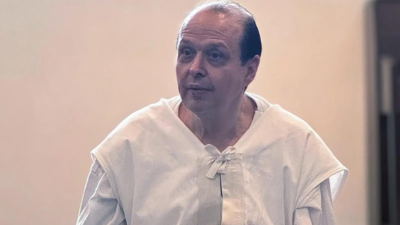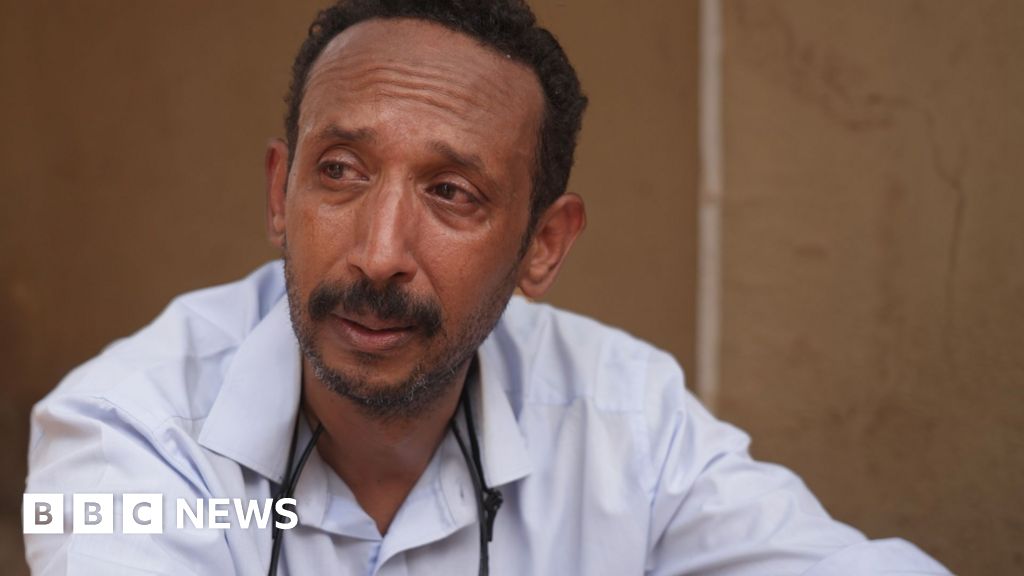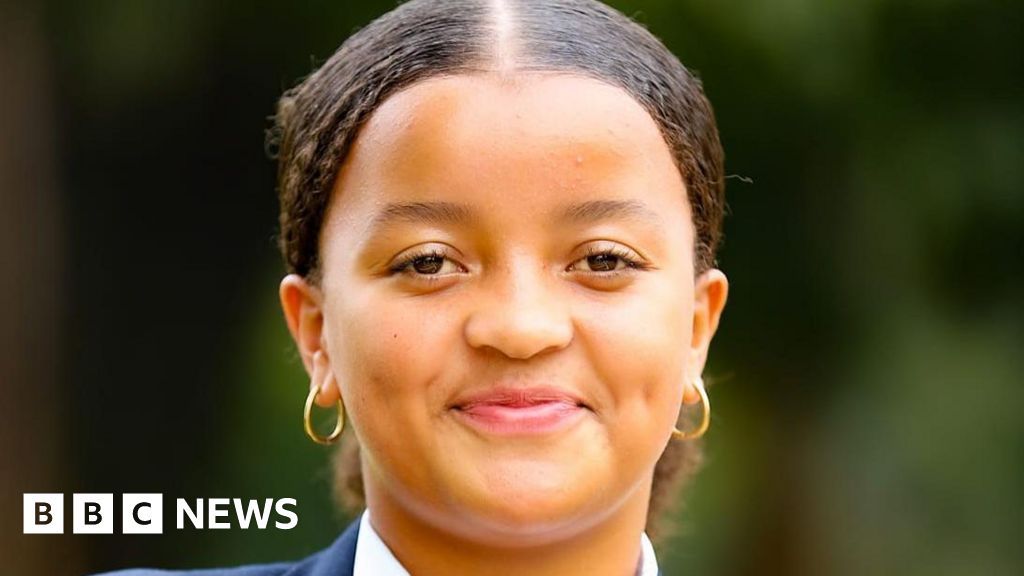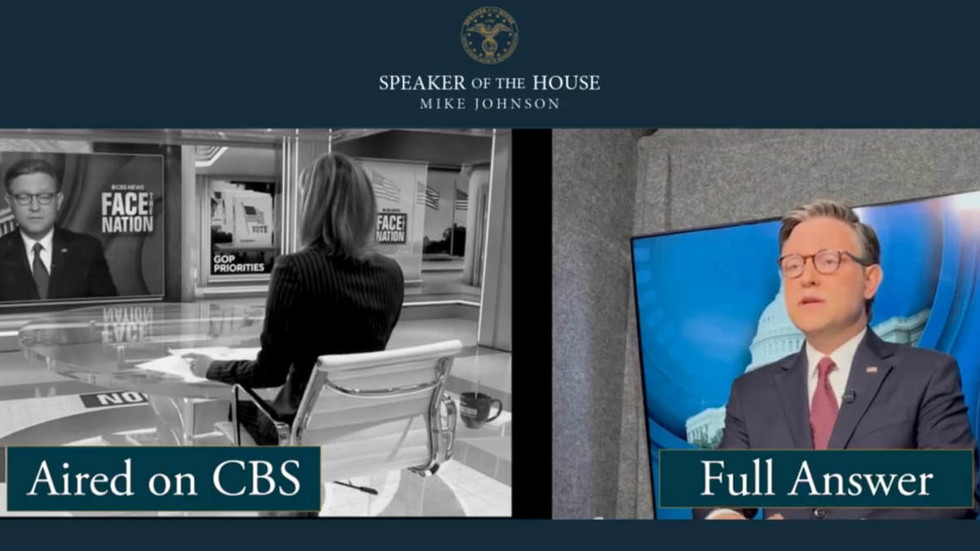
Robert Roberson (Picture Credit: AP)
Robert Roberson
, 57, from Texas is scheduled to be executed in a case involving
Shaken Baby Syndrome
, making him the first person in US history to be executed for a murder conviction tied to the diagnosis.
Convicted in 2003, Roberson is scheduled to receive a lethal injection on Thursday for the death of his 2-year-old daughter,
Nikki Curtis
.
According to CBS News, Roberson has maintained his innocence, and his lawyers, along with Texas lawmakers and medical experts, argue that his conviction was based on faulty scientific evidence.
They claim that her death was due to undiagnosed pneumonia and that his undiagnosed autism led authorities to misinterpret his behaviour as guilt.
Despite new evidence suggesting that medication and untreated illness caused the child's death, courts have repeatedly denied his appeals.
What is Shaken Baby Syndrome?
Shaken baby syndrome, now known as
abusive head trauma
(AHT), is a serious brain injury that happens when a child’s head is violently shaken or subjected to impact, often by a caregiver. Dr Suzanne Haney, a
child abuse
paediatrician, explains that the term was updated in 2009 to encompass all forms of abusive head trauma. Each year, there are around 1,300 reported cases of AHT in the US, according to the National Center on Shaken Baby Syndrome.
The debate over Shaken Baby Syndrome
Critics argue that the diagnosis has been used too broadly, especially when a 'triad' of symptoms—brain bleeding, brain swelling, and eye haemorrhaging—is present. They claim that doctors may overlook other causes, such as accidental falls or natural illnesses, leading to
wrongful convictions
. Advocates of the diagnosis, like Haney, said that it is scientifically sound and essential for identifying child abuse.
Shaken Baby Syndrome in the courts
Across the US, some courts have overturned shaken baby syndrome convictions, citing new medical research. However, the majority of such convictions remain intact. According to the National Center on Shaken Baby Syndrome, 97% of related convictions between 2008 and 2018 have been upheld. Roberson's case, however, highlights continued concerns about the diagnosis in forensic science.

 12 hours ago
4
12 hours ago
4









